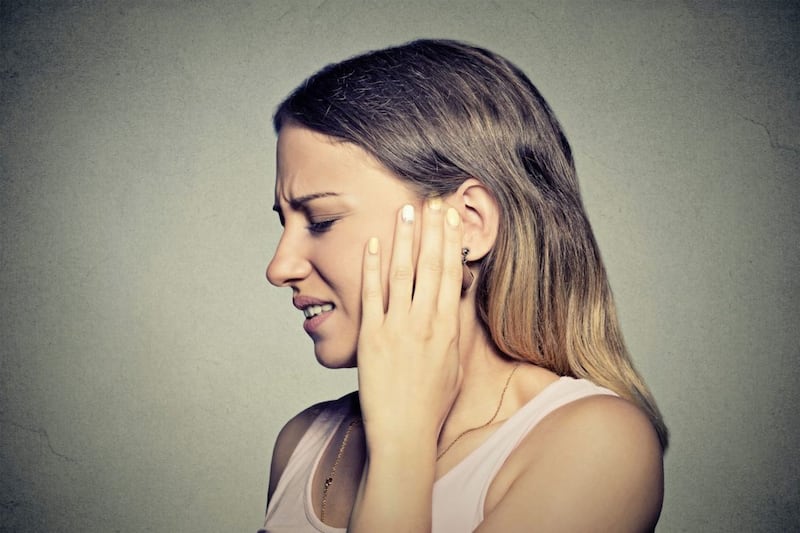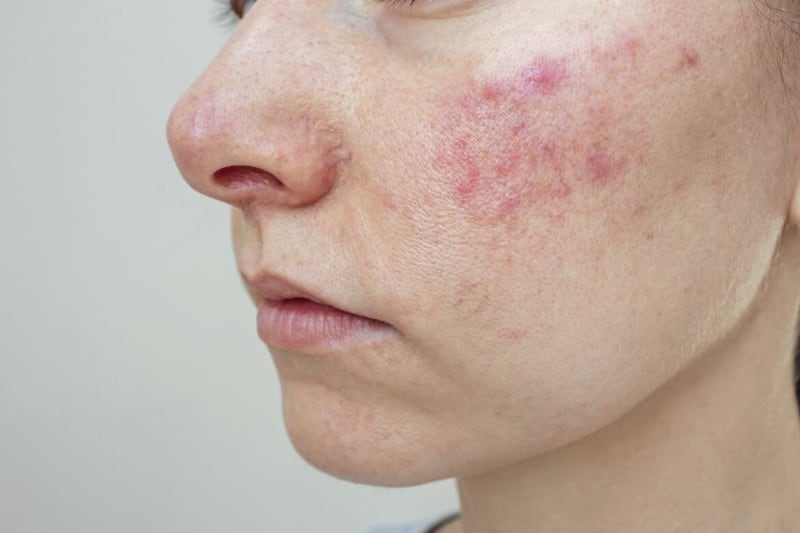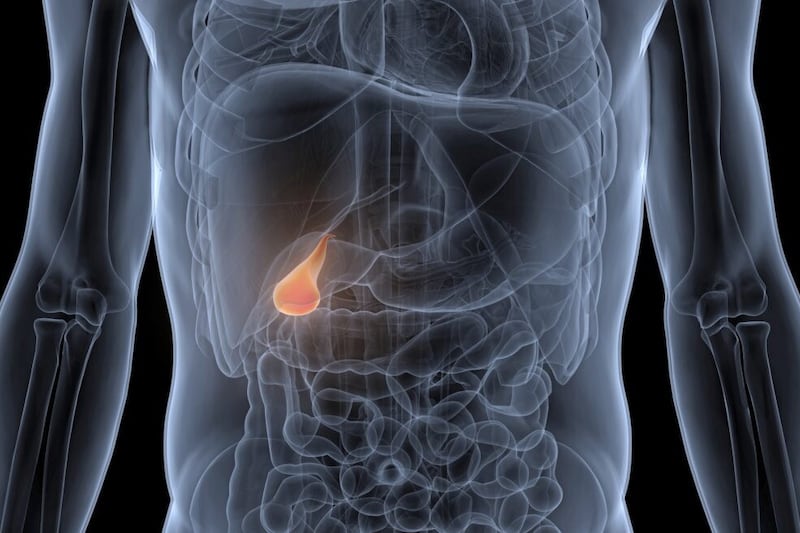Q: I RECENTLY noticed 'bald' patches on my face where no stubble grows. Although it's not causing me concern it's very noticeable if I don't shave every day. What's causing them?
DA
A: THIS SOUNDS like alopecia areata, a common condition in which the immune system malfunctions and attacks hair follicles. This causes inflammation that damages the hair production process.
It can occur at any age, in men and women, and usually affects the scalp. Some people, however, develop the facial form, which can cause one or two bald patches the size of small coins, or more widespread hair loss.
In about one in 10 patients, the condition progresses either to alopecia totalis - loss of all scalp hair - or alopecia universalis, the complete loss of all hair from the scalp, face and body.
It's possible that your scalp could become affected - research shows 46 per cent of men with bald patches on the face go on to lose hair from their heads.
It isn't clear why the immune system attacks the hair follicles. We do know that alopecia areata is linked with other auto-immune conditions which occur as a result of the immune system attacking the body.
Between 10 and 25 per cent of people with alopecia areata also have thyroid disease, where immune cells mistakenly attack the thyroid gland. There is also thought to be a genetic link.
Alopecia areata is understandably distressing, but the follicle damage is rarely permanent. Most people recover fully without any treatment - often within a year.
Treatments are centred on steroids such as triamcinolone, which help dampen the inflammation caused by the immune system attack. Tiny amounts of steroid injected at multiple sites within the bald patch are more effective than creams.
New hair usually starts to grow after a few weeks. The process may need to be repeated every four to six weeks.
However, the numerous injections may be uncomfortable. The steroid can cause thinning of the skin, though this tends to resolve within months. It may also affect skin pigment, leaving white patches which can look worse than hair loss.
Given these caveats, my advice would be to leave well alone. However, if you do experience significant hair loss on your scalp then ask your GP to refer you to a dermatologist.

Q: FOR 18 months now, my left ear has crackled when I swallow and is painful when I blow my nose. My GP diagnosed a blocked Eustachian tube and prescribed a nasal spray but that didn't work. Another doctor gave me ear drops, which also failed to help. What else can I try?
AF
A: THE EUSTACHIAN tube connects the middle ear to the area behind the nose. It opens and closes to equalise air pressure inside the head with that outside. It is usually closed but opens each time you chew, yawn or swallow.
A blockage, perhaps caused by mucus from an infection or an allergy, can prevent the Eustachian tube from opening properly.
This can cause sounds to be muffled and may be painful. In your case, however, rather than your Eustachian tube not opening, it is failing to close. This is harmless but it can cause the crackling sound you describe.
That's because the Eustachian tube also protects you from hearing the noises your body makes. If it is 'stuck' open you could also hear your own breathing and heartbeat, and your voice may sound louder than normal.
It can be difficult to identify the cause, but we know that chronic inflammation caused by allergies can damage the delicate lining of the tube, raising the risk of Eustachian tube dysfunction.
Weight loss is another factor, because as overall body tissue shrinks, the tube's ability to close properly is affected.
Other possible triggers include stress, anxiety and hormonal imbalances.
Ear drops are of no help because they only trickle down to the eardrum, not the Eustachian tube. Decongestant nasal drops may make the symptoms worse.
Surgery, which involves the insertion of a grommet into the eardrum to ventilate the middle ear, is an option.
However, this approach is like using a sledge hammer to crack a peanut. Rest assured that your symptoms are almost certainly not due to anything serious.
© Daily Mail








